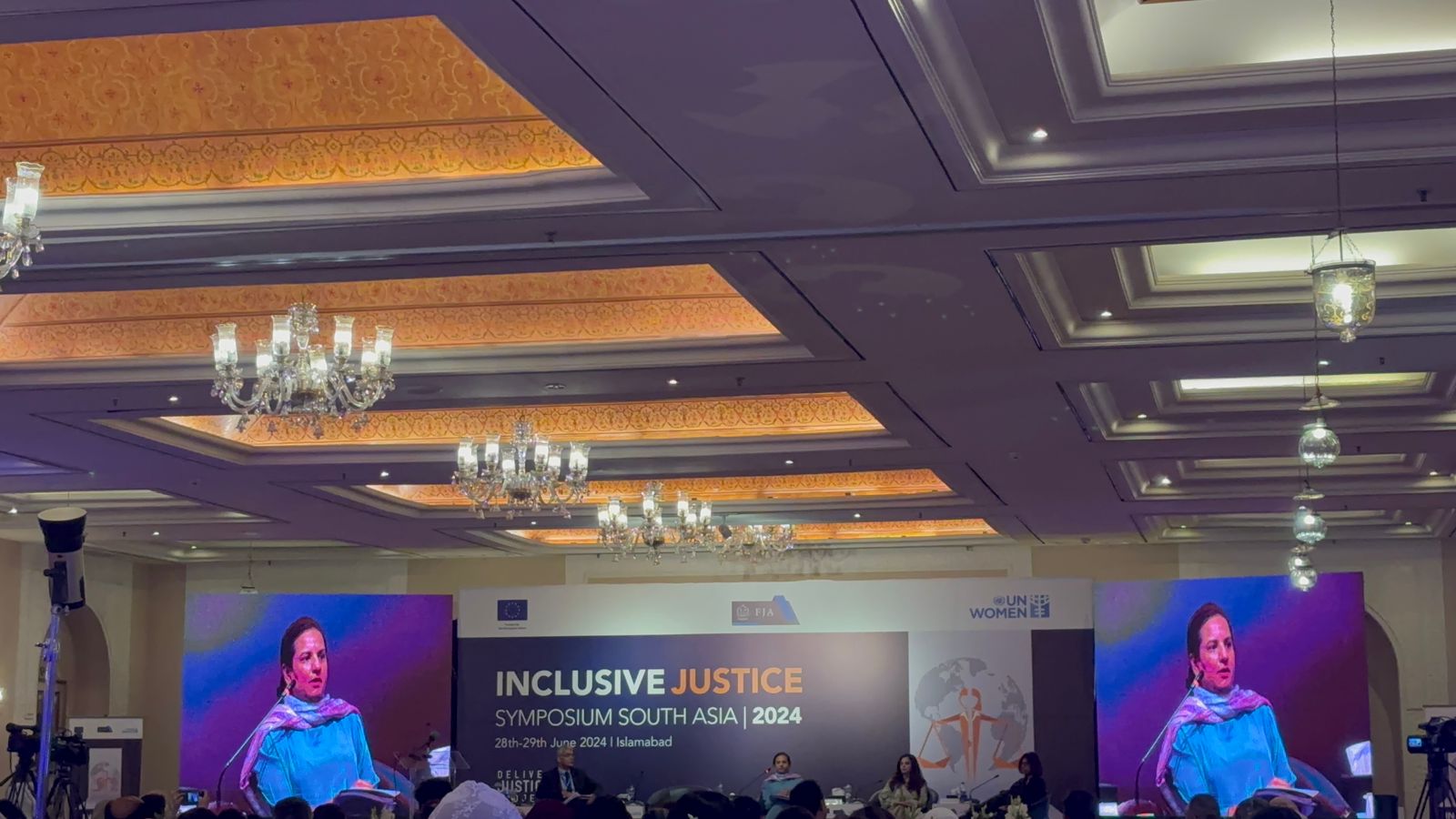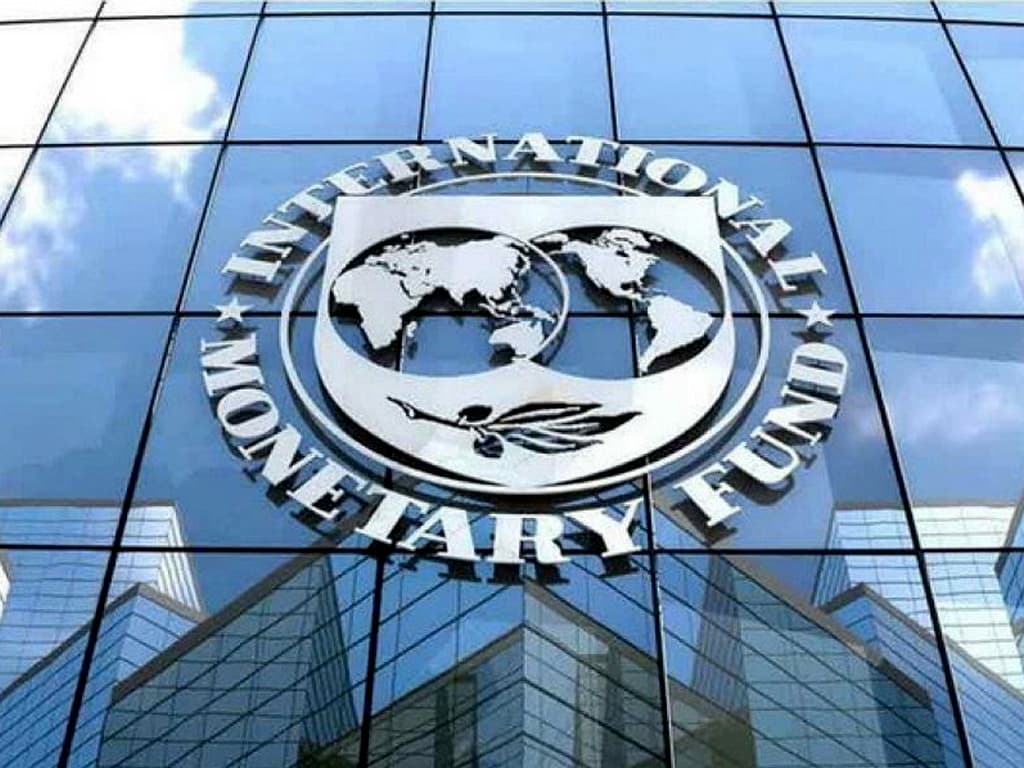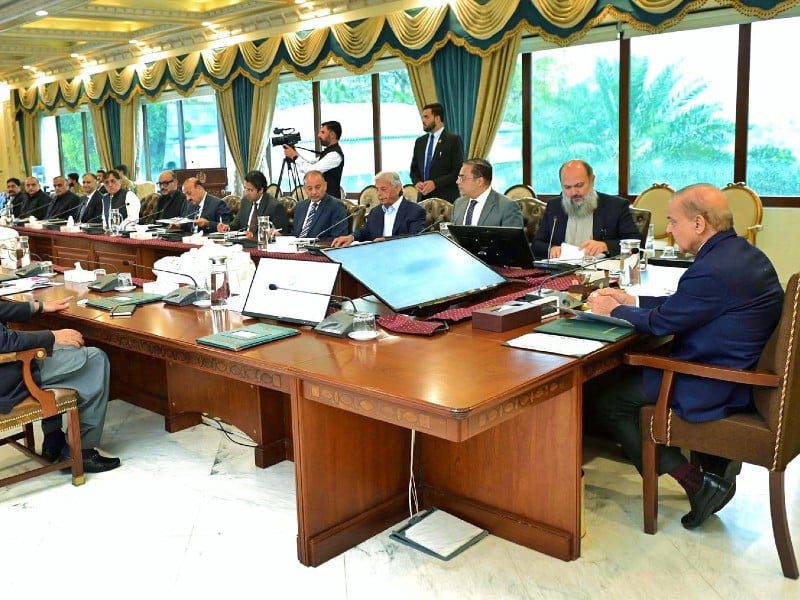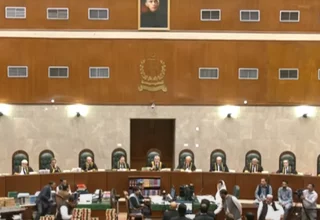Muhammad Daniyal Special Correspondent Daily Relation Times
Tax Payers Alliance Pakistan (TPAP), an initiative of economic think tank PRIME, submitted budgetary proposal to the Revenue Division/Federal Board of Revenue (FBR) in Pakistan, aimed at reforming the tax system to promote simplicity, transparency, and compliance. The proposal generated in response to the FBR’s solicitation of ideas for the upcoming Finance Bill 2024.
The proposal has been developed by TPAP Volunteers’ Team: Mr. Anas Farhan, Vice President ZTBL & PRIME Research Fellow from Islamabad, Mr. Usman Azmat, Advocate High Court from Lahore and Ms. Sehrish Naz, Economic Analyst FPCCI from Karachi, in consultation with the TPAP’s members comprising of a group of tax experts from across Pakistan, including representatives of Salaried Class Alliance (SCA) Mr. Shameer Muhammad Haroon, Member ICAP and Mr. Amer Sharif, Assistant Manager Treasury KAPCO. Subject proposal is aimed at simplifying tax regulations and reducing the compliance burden on taxpayers. The focus of the proposed tax reforms is to eliminate taxes that are unjustified, discriminatory, do not contribute to the national exchequer, and have become redundant. This proposal aims to create a fairer and more efficient tax system in Pakistan that can provide sustainable funding for public expenditures.
The proposed reforms are imperative for the promotion of compliance and broadening of the tax base. The prevalent ambiguities, complexities and distortions from discriminatory application of taxes are the underlying reasons for suboptimal performance of tax administration and low revenue collection. The government needs to move away from regressive and discriminatory tax regime towards flat, low rate and predictable taxes for transparency, compliance and broadening of tax base.
Tax experts have urged the government to omit section 4B, section 7E, section 15(4), section 39(1)(g), section 41 and section 227(3)(b) of the Income Tax Ordinance, 2001; whereas to reinstate the already omitted section 60C and section 62 of the Income Tax Ordinance, 2001. They have also proposed to reconsider & revisit the fair market values (FMV) of immovable property to be based on actual market value of the property. They have also suggested to abolish minimum tax under section 113 for listed companies. They have also proposed to put in place system-based controls to eliminate the risk of fake registration of commercial importers. The experts also pointed out the complexity of withholding taxes applicable under section 153 of the Income Tax Ordinance, 2001, and have proposed for simpler withholding tax regime with all the taxes withheld to be adjustable. Further, they have also strongly proposed to amend section 227BA(2) of the Income Tax Ordinance, 2001 to include withholding agents in awards/incentives scheme to atleast compensate them in terms of cost incurred to collect & deposit tax on behalf of FBR. Tax on bonus shares under section 236Z, to be abolished. Experts have strongly proposed to increase the basic threshold of taxable income from Rs 600,000 to Rs 800,000 and also to reduce the rates of salary tax. Certain clauses in second schedule of the Income Tax Ordinance, 2001, which exempt income of some specific class of taxpayers, also to be abolished to eliminate discriminatory treatment.
According to experts, existing sales tax rate of eighteen percent is too much high and Government must consider to bring it down to single digit. Therefore, they have proposed a rate of nine percent for Budget 2024-25. Adjustment of input tax by some sectors of economy has also become complex and challenging, therefore it should also be simplified. Experts have proposed zero-rate sales tax on medicines. According to them, these life-saving items are out of reach of common man due to extraordinary sales tax thereon. Tax experts also highlighted to implement automated refund processing across the board instead of this facility to only few sectors, giving rise to discriminatory treatment. Existing sales tax withholding regime is also creating nuisance and distortion, therefore experts have proposed revamping it altogether.
TPAP’s proposal emphasizes the significance of streamlining the tax system and lessening the compliance burden on taxpayers. They argued that a flat and low-rate taxation system would accomplish these objectives while also promoting economic growth and reducing inequality. The proposal would eliminate the current complex system of tax brackets and exemptions, reducing the need for expensive tax planning and compliance.
Overall, TPAP’s proposal is a crucial contribution to the ongoing debate on tax reform in Pakistan. It provides a well-argued and clear case for a simpler, fairer, and more efficient tax system that could benefit both taxpayers and the wider economy initiative.



























